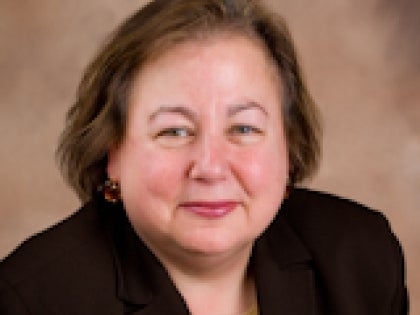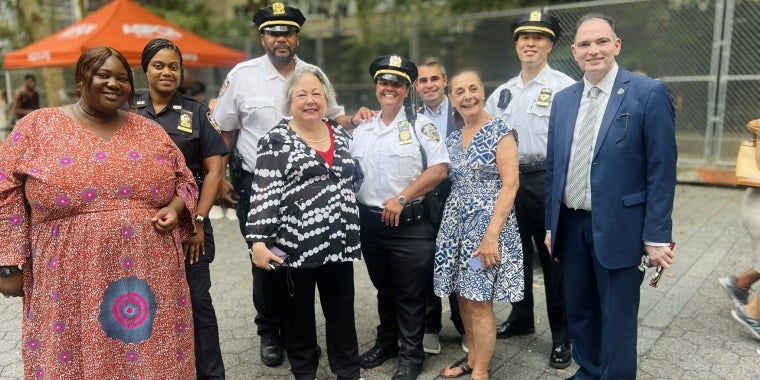
Statement by State Senator Liz Krueger Following Energy Outages in Manhattan and the Bronx
Liz Krueger
June 26, 2007
"Due to what I am told was a weather related cause, energy was lost by approximately 79,000 customers in Manhattan, and another 57,000 in the Bronx this afternoon. We came very close to a potential disaster, and thankfully that was avoided. However, I remain very concerned with the lack of information available to New Yorkers about what to do in the event of a heat wave or an energy black-out, including ready access to "Cooling Station" locations by Fire Departments, Police Stations, Elected Officials, and other offices or institutions that people often call for such information.
Being in a room full of seniors at the time of the black-out, I saw an immediate need to seek information on the locations and protocol for cooling stations, particularly for the benefit of seniors, some of who rely on air-conditioning as a life-source on very hot days like today. Thankfully, my office still had electricity so I was able to search for such information. I first searched the website of the New York City Office of Emergency Management (OME) and read to call 311. I called 311 and was told that no stations were open at that time—approximately an hour after the blackout occurred.
As it turns, the City's policy is to not open Cooling Stations unless the heat index reaches 100, and according to OEM, that did not happen today. Today reached 94 degrees, with humidity in the high 60's. Even in the event of the index reaching that very high standard, Cooling Stations are not immediately opened, and there is no master list available for where these locations are. For New Yorkers who do not have electricity and may not be able to call, or who have already called 311 and was told no stations were ready, this is very disturbing news, and can have very serious repercussions to their health and well-being.
It appears that the whole system of preparedness is based on first reaching the breaking point, rather than informing New Yorkers of their options and the order of proper steps to take in such an event.
Every indication is that this is going to be a very hot summer, so the sooner people know their options and alternatives, the better. At the least, the places New Yorkers call upon for information in such events should be prepared to give them timely information. As we saw last summer, it is not acceptable to have people placed in a disaster before they have been prepared."
-30-


